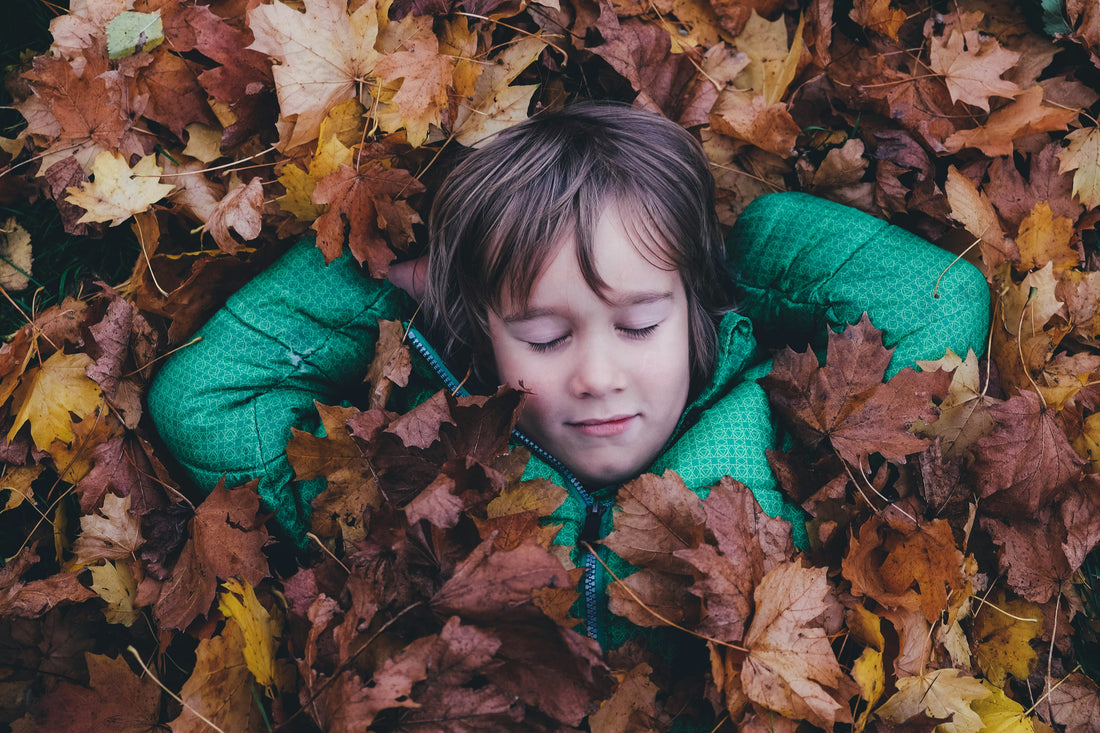Have you ever heard someone suggest honey before bed to improve sleep? If you’ve wondered whether this sweet trick could really help you drift off, you’re not alone. Honey has been praised for its natural health benefits for centuries, but can it contribute to better sleep?
The answer is, surprisingly, yes—but let’s explore how this works, the science behind it, and how you can incorporate honey into your nighttime routine.
Is it good to have honey before bed?
Yes. Studies have shown that it might help with sleep. One reason honey might help with sleep is because it contains natural sugars that aid in the production of serotonin, which the body converts into melatonin. Melatonin is the hormone that regulates sleep. When you consume honey, it allows your brain to release this hormone, helping you relax and prepare for sleep.
Another factor is how honey stabilizes blood sugar levels. When you sleep, your liver continues to release glucose to keep blood sugar steady. By consuming honey before bed, you provide your liver with a steady source of fuel, preventing glucose from running out and causing sleep-disrupting signals to the brain. This means fewer middle-of-the-night wakeups, letting you enjoy a deeper, more restful sleep.
Honey’s Role in Replenishing Glycogen
When you sleep, your brain is still active, processing the events of the day, consolidating memories, and performing other functions. This brain activity requires fuel, particularly glycogen, a type of glucose stored in the liver. By the time night falls, your glycogen stores may be depleted, especially if you haven’t eaten in a while.
Taking a spoonful of honey before bed helps replenish these glycogen levels. The slow-release sugars in honey supply the brain with fuel throughout the night, reducing the chances of waking up hungry or restless. So, if you’re someone who tends to wake up in the middle of the night feeling a bit peckish, honey might be a simple, natural remedy.
Honey and Its Effect on Cortisol Levels
Cortisol, the stress hormone, can be one of the main reasons people have trouble falling asleep. When cortisol levels are high, your body is in a state of alertness, making it hard to relax and wind down.
Honey works to suppress cortisol by stabilizing blood sugar levels and preventing spikes and crashes that trigger the release of this stress hormone. As a result, honey can help promote a calmer, more relaxed state before bed, making it easier to fall asleep and stay asleep.
How to Use Honey for Better Sleep
Now that we know how honey might help improve sleep quality, the next question is: what can you mix with honey to help you sleep?
Here are a few suggestions:
- A spoonful of honey: One of the easiest ways to get honey into your diet is by taking a teaspoon or tablespoon of raw honey 30 minutes before bed.
- Honey tea: Mix a spoonful of honey into warm (but not hot) herbal tea, like chamomile or peppermint, for a soothing, relaxing drink.
- Honey and warm milk: If you enjoy the comfort of warm milk before bed, adding a spoonful of honey can enhance the sleep-inducing effect.
- Honey on toast: If you’re someone who prefers something solid, a piece of toast with honey can also do the trick.
The Best Type of Honey for Sleep
When it comes to choosing honey for sleep, opt for raw, unprocessed honey, which retains more of the natural enzymes and nutrients that may contribute to its sleep-enhancing properties. Some people believe that darker honey, like buckwheat honey, contains more antioxidants and may offer additional health benefits, though this hasn’t been extensively studied concerning sleep.
How Much Honey Should I Take To Sleep?
As with most things, moderation is key. About a teaspoon to a tablespoon of honey is usually enough to provide the benefits without causing a sugar overload. You don’t need a large amount for it to be effective—just a small dose can work wonders.
Are There Any Risks?
While honey can be beneficial for most people, it’s important to note that it’s not suitable for everyone. For instance, children under one year of age should never be given honey due to the risk of botulism, a rare but serious illness caused by bacteria that can be present in honey. Additionally, those with diabetes or blood sugar management issues should consult their doctor before incorporating honey into their routine, as it can still cause blood sugar spikes.
For most healthy adults, though, honey is a safe and natural way to promote better sleep. It’s been used as a remedy for generations and has earned its place as a sleep aid backed by modern science.
Conclusion
So, can honey help you get a better night’s sleep? The evidence suggests it can. Whether it’s by regulating blood sugar, supporting melatonin production, or stabilizing cortisol levels, honey offers several ways to help improve your sleep quality. Incorporating honey into your bedtime routine is a simple, natural approach to achieving better rest. Just remember, a little honey goes a long way. Sweet dreams!
Reference
Vinmec. Should you drink a spoonful of honey before going to bed? Retrieved from https://www.vinmec.com/eng/article/should-you-drink-a-spoonful-of-honey-before-going-to-bed-en
Manuka Pharm (2022). CAN HONEY HELP YOU TO GET A BETTER NIGHT’S SLEEP? Retrieved from https://www.manukapharm.co.uk/blogs/news/can-honey-help-you-to-get-a-better-night-s-sleep

